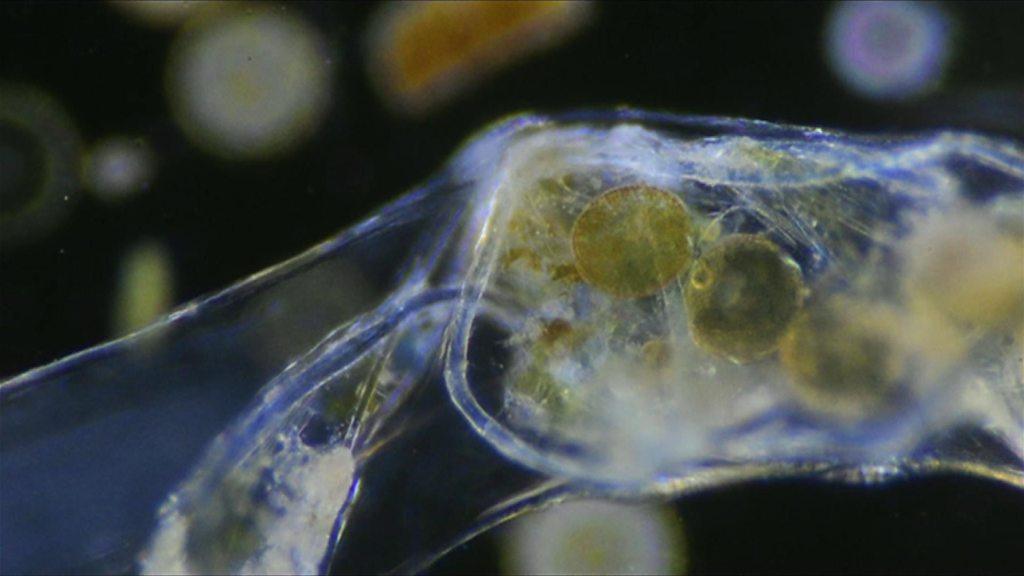Glitter banned by Dorset children's nursery chain
- Published
- comments
Group manager Harriet Pacey said their nurseries already avoid a lot of single-use items
Glitter has been banned by a chain of children's nurseries because of the "terrible damage" it does to the environment.
The art material is washed into the water system and can end up in the food chain, Tops Day Nurseries insisted.
It added glitter was a microplastic which was "almost impossible to remove from the environment".
The Marine Conservation Society welcomed the nurseries' "proactive approach" towards reducing pollution.
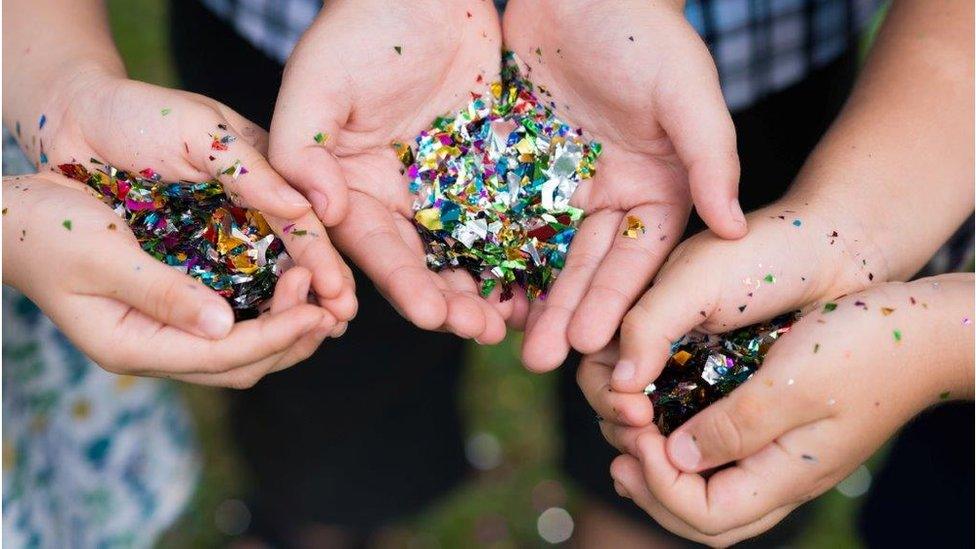
Glitter is "almost impossible to remove from the environment", the company said
The nursery chain said it had only recently become aware of the "dangers" of glitter.
Managing director Cheryl Hadland said "You can see when the children are taking their bits of craft home and there's glitter on the cardboard, it blows off and into the air.
"There are 22,000 nurseries in the country, so if we're all getting through kilos and kilos of glitter, we're doing terrible damage."
Ms Hadland, who runs nurseries in Dorset, Hampshire, the Isle of Wight, Somerset and Wiltshire, said she "loved glitter" but was trying to source an alternative material from suppliers.
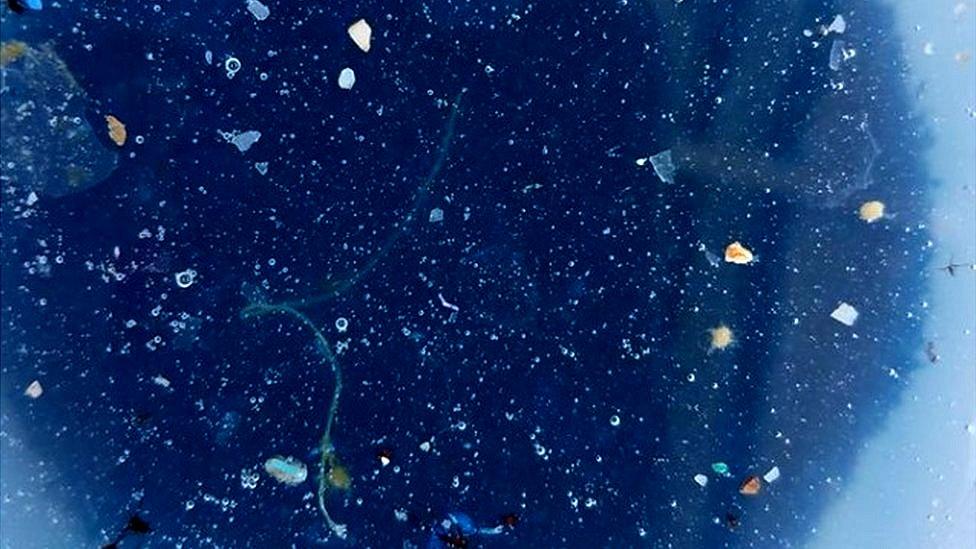
Plastic waste in the oceans allows the material to enter the food chain, marine biologists say
Nursery group manager Harriet Pacey said most parents would back the change.
She said: "I can imagine that, yes, initially it's going to be a bit of a 'what?' but I think they're going to be behind us."
Sue Kinsey from the Marine Conservation Society said most microplastics in the sea came from other products.
She said: "While glitter is only a small part of the microplastic load getting into watercourses and the sea, steps like these will all add up to something greater."
The United Nations has estimated that there are 46,000 pieces of waste plastic per square mile of sea.
The international body's environment agency, UNEP, said plastic waste in the ocean was allowing the material to enter the food chain.
- Published9 October 2017
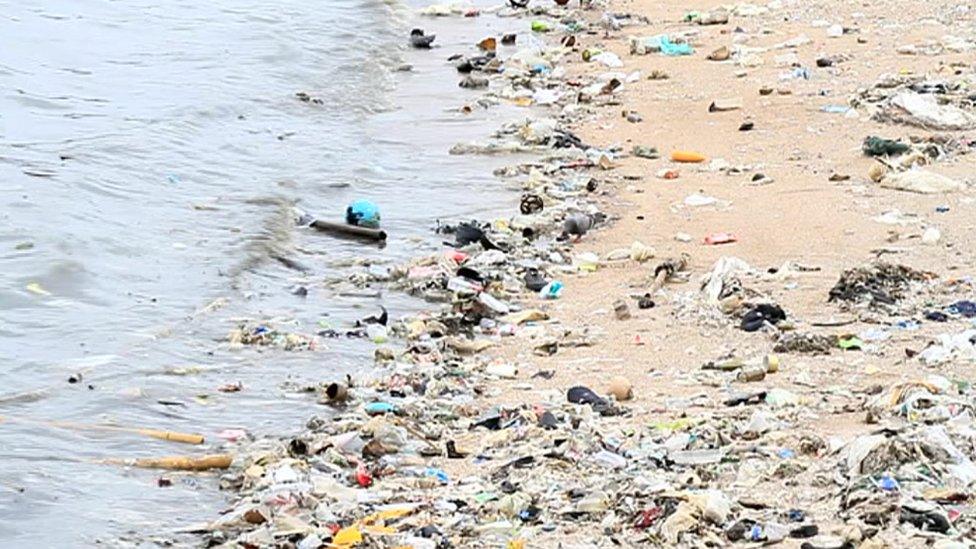
- Published22 August 2017
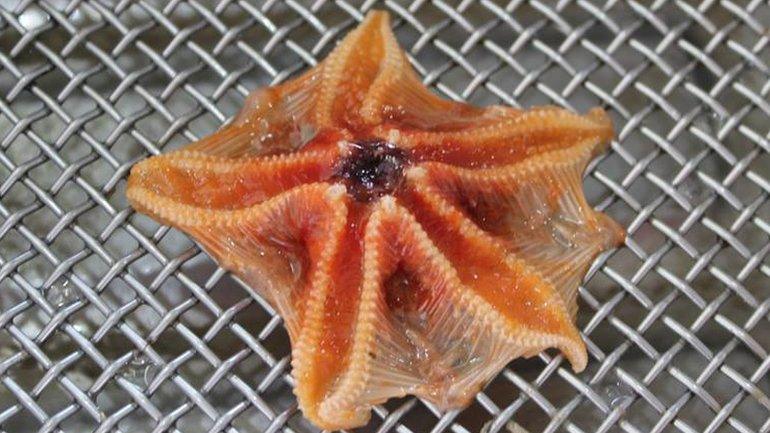
- Published11 March 2017
